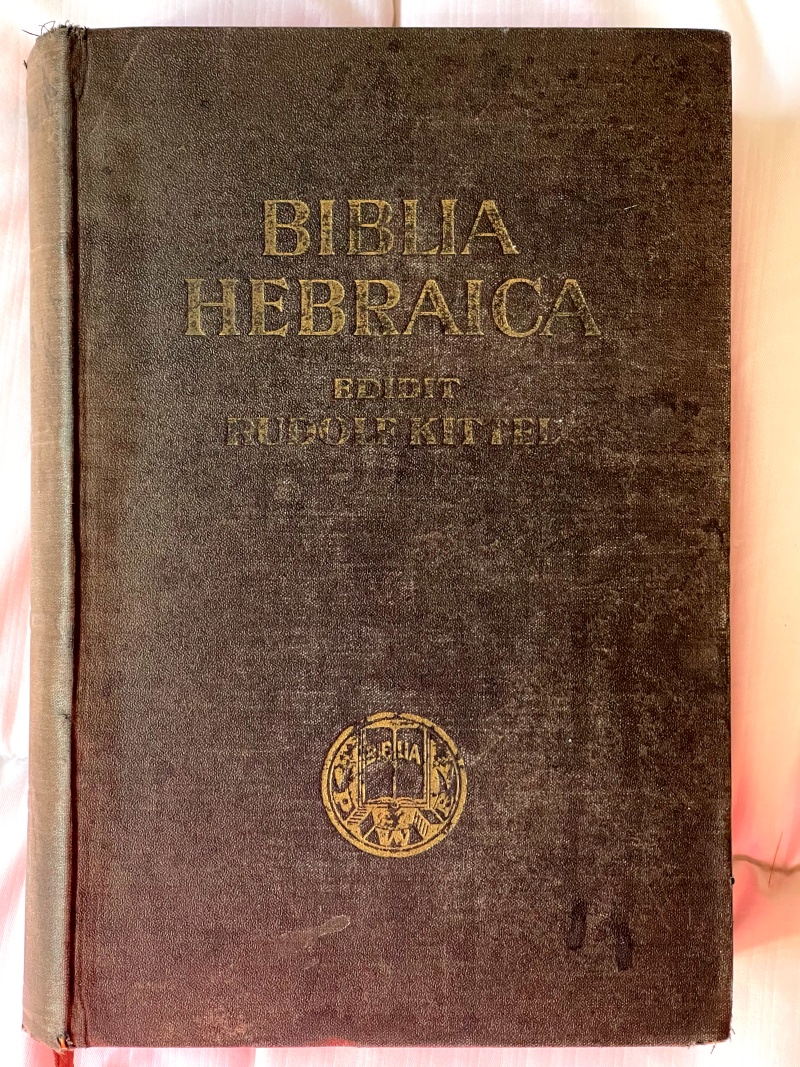Get Planted
August 18, 2024Pastor Patrick presented today's message, "Get Planted." Here's a video of the message.
This could easily have been a continuation of the metaphor series. In this case, the metaphor was trees, seeds, roots, planted, fruit, etc. And, Patrick mentioned several Old Testament references to such, like Jeremiah 17:8,18 and Psalm 1:3 and 92:12.
I thought it was interesting that in Psalm 1:3 there's the phrase "which yields its fruit in season." I read that as comforting. We're not expected to be fruitful all the time. There is room for re-fueling, re-thinking, re-organizing, etc. periodically. Actually, this reflecting type of activity should be part of weekly Sabbath (Shabbat).
In Deuteronomy 20:19, the Israelites are instructed as they go into war not to cut down trees that bear fruit. That's a good admonition to be careful in your attacks not to destroy good in the process.
The Promised Land is often described as flourishing, producing much good water, food, shelter, etc. such as in Deuteronomy 8:7-9, "For the Lord your God is bringing you into a good land, a land of brooks of water, of fountains and springs, flowing forth in valleys and hills; a land of wheat and barley, of vines and fig trees and pomegranates, a land of olive oil and honey; a land where you will eat food without scarcity, in which you will not lack anything; a land whose stones are iron, and out of whose hills you can dig copper."
Proverbs 11:30, "The fruit of the righteous is a tree of life, And he who is wise wins souls." This fits well with one of Prager's favorite quotes (paraphrased), "the best advertisement for religion is a person who does good for his neighbors."
Proverbs 3:18, "She is a tree of life to those who take hold of her; those who hold her fast will be blessed." "She" is wisdom. All of Proverbs chapter 3 is a great lesson about wisdom coming from trusting God and walking rightly with God humbly, reverently, with regard to all you possess, and accepting criticism from God. Great benefits come from trusting God.
Here's a quote from Proverbs that works it the other way around. Without the provision of God, you will whither. Proverbs 8:11-13, "Can the papyrus grow up without a marsh? Can the reeds flourish without water? While it is yet green and not cut down, it withers before any other plant. So are the paths of all who forget God; And the hope of the hypocrite shall perish."
Patrick mentioned that the name of the church, Timber Creek, is rooted in scripture. I discussed this in a weekly essay last October: "Ephesians #5: Grow Your Roots."
Trees are important right from the get-go in the Creation story, Genesis 2:9. Trees speak directly of God's provision for us. Should we not share God's provision with others?!
You might also want to go back and read this Bonus article about A Tamarisk Tree in Beersheba (also called the Oak of Mamre or the Oak of Abraham).
Here's one last interesting factoid... The Bible speaks more about trees than it does any other living thing other than Man.
Bonus
What Does God Want Most of Us?
Dennis Prager has an answer: God cares most about good and evil. Closely related to that is that He cares most about how we interact with each other (and with animals, to a lesser degree).
See Dennis' article: What Does God Most Care About?
Here are the bullet points as to why Dennis thinks good and evil are what God cares about most:
- The reason the Bible gives for why God brought the Flood that destroyed the world (saving only Noah and his family) is that humans were evil.
- The only reason God saved Noah was that he was "a righteous man in his generations."
- God is repeatedly described as a moral being.
- The fundamental human division in the Hebrew Bible is not between Jew and non-Jew but between good and bad people.
- The Hebrew Bible - and therefore God - is also preoccupied with moral treatment of animals.
- The Torah greatly restricted use of slaves/servants.
- The Prophets (the Hebrew word means "spokesmen" - God's spokesmen) were preoccupied with moral behavior.
- God is repeatedly depicted as more concerned with moral behavior than with anything else.
In other words, "Be excellent to each other" as stated in Bill & Ted's Excellent Adventure (the movie).
One could tie this Bonus topic to today's essay above by changing "do good to one another" to "serve one another."
Bonus2
My Dad's Hebrew Bible from Seminary
Our son found my Dad's old college Hebrew Bible while cleaning out the attic the other day. Dad went to Princeton Theological Seminary (at a time when Albert Einstein was at Princeton, too!). I was born while my parents were at Princeton!
This Hebrew Bible is nearly all in Hebrew. What isn't Hebrew is in Latin or German; zero English. The authors were German. This seems to be a 1949 edition. Wikipedia entry: Biblia Hebraica (Kittel).

That's something I would have tried doing, too!


This was a rare note found handwritten in the book. Maybe was one day's assignment. There were very few notes and underlines.

